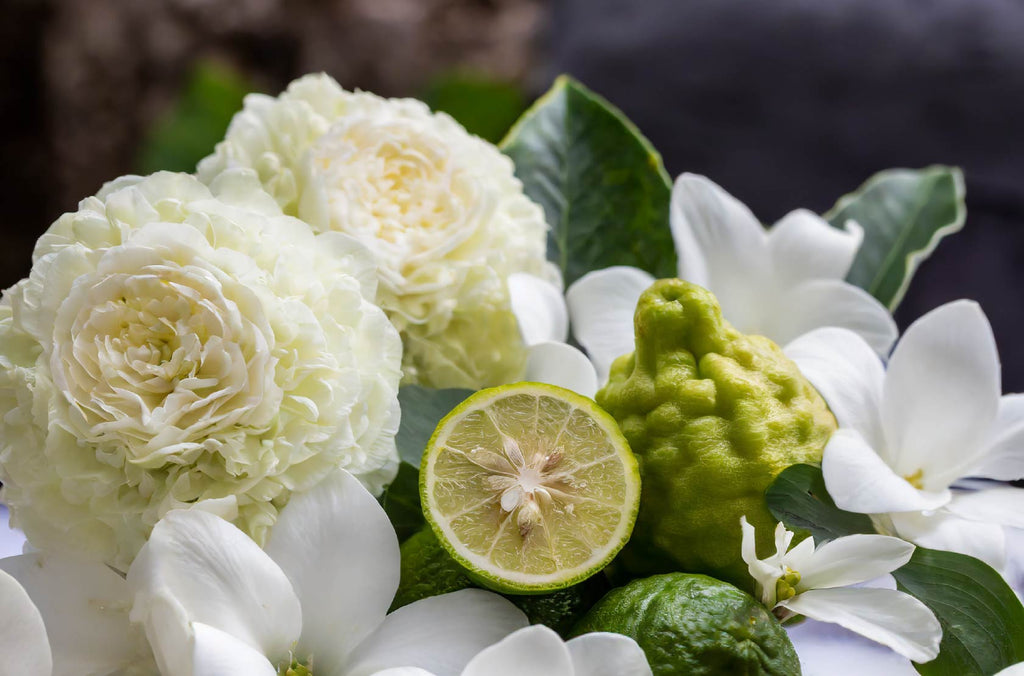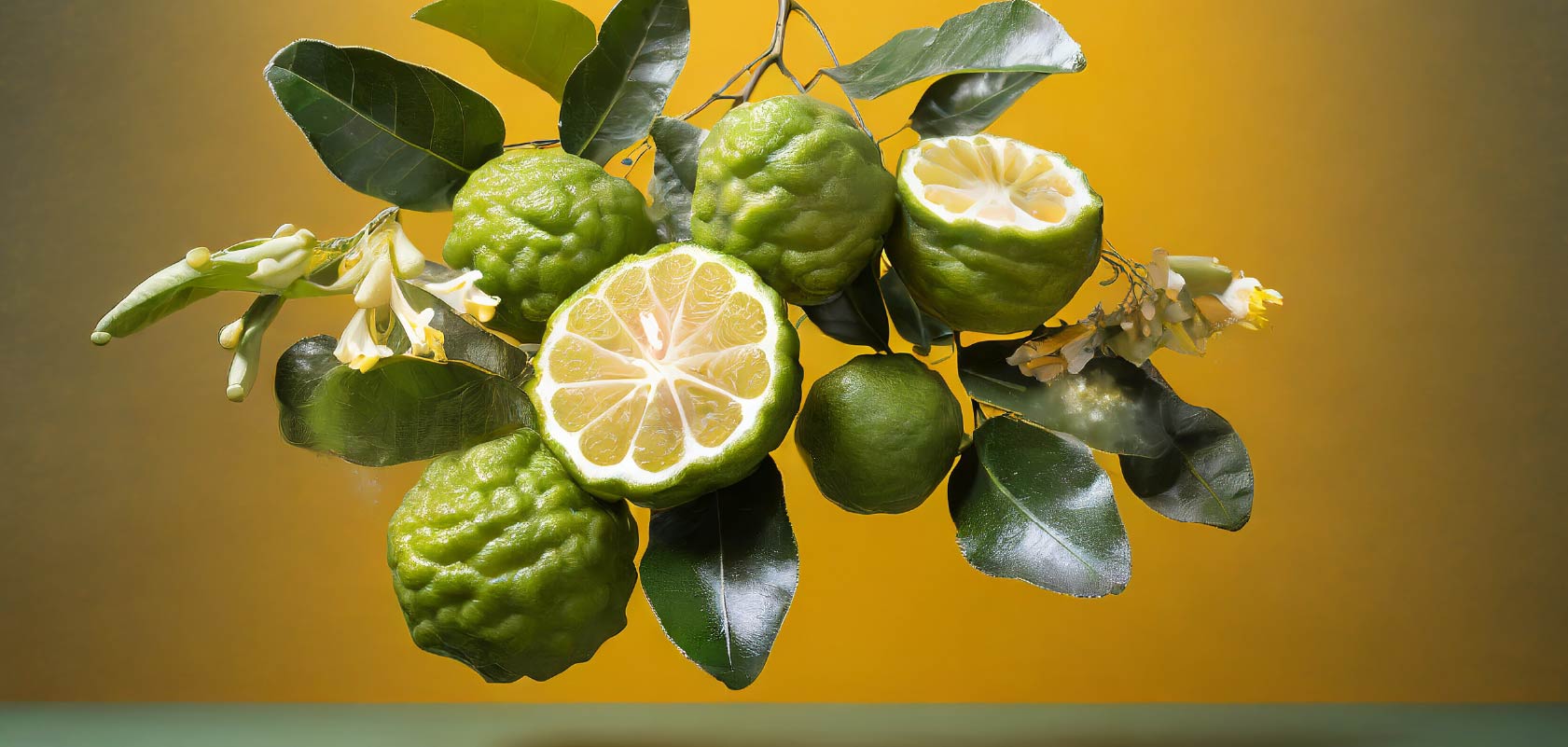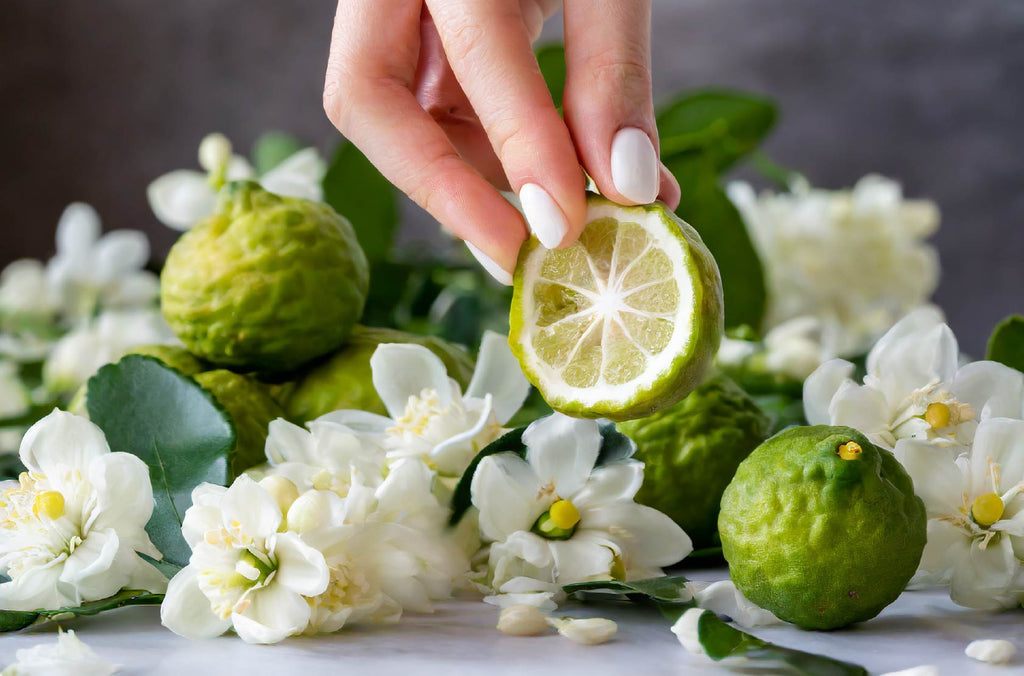Bergamot in history
Bergamot also known as citris bergamia, the aromatic gem originating from the sun-kissed fields of Southern Italy, boasts a history as rich and captivating as its citrusy fragrance. Its journey through time is a tapestry woven with threads of cultural significance, luxury, and medicinal lore.
During the Renaissance, citris bergamia graced the courts of European nobility, adorning perfumes and pomades. Its exquisite aroma, a harmonious blend of citrus, sweetness, and spice, became synonymous with refinement and opulence. This historical role is encapsulated in a quote by the renowned perfumer Jean-Claude Ellena: “Bergamot is the prince of hesperidia. It is the fine wine of citrus fragrance; it is fresh, delicate, and refined.”
The 19th century saw bergamot take center stage in the iconic Earl Grey tea, a blend that transcended its origins to become a symbol of sophistication. Charles Grey, the British Prime Minister, lent his name to this infusion of bergamot with black tea. The historical significance is beautifully encapsulated in a quote by author Robert Fortune: “The tea-flavoring called ‘Bergamot’ is obtained from the rind of the fruit of the Citrus Bergamia, a native of the West Indies, but which is cultivated with success in various parts of Italy.”
Beyond its aromatic allure, it played a role in traditional medicine, believed to have soothing and uplifting properties. This aspect is reflected in a quote by aromatherapist Valerie Ann Worwood: “Bergamot is the oil of self-love. It relieves feelings of despair, self-judgment, and low self-esteem.” Its historical use in apothecaries and remedies is a testament to its versatility.
Today, bergamot’s historical legacy resonates in the world of perfumery, gastronomy, and wellness. In the words of perfumer Christine Nagel, “Bergamot is a perfume in itself; it’s a daily fragrance you can wear on its own.” Its citrusy notes continue to evoke sophistication, whether found in high-end perfumes or culinary delights.

Culinary uses
The zest or peel of the fruit, appreciated for its aromatic qualities, is employed in both sweet and savory dishes. It serves as a flavor enhancer in baking, adding a distinctive citrus twist to desserts and confections. Additionally, citris bergamia-infused olive oil and liqueurs contribute to the creation of unique culinary delights and cocktails. While the fruit itself may be too bitter for direct consumption, its culinary presence adds depth and character to a range of dishes, making this citrus gem a prized ingredient in the hands of creative chefs and culinary enthusiasts.
“Bergamot, with its bitter-sweet symphony, is a maestro in the culinary orchestra. Its complex notes elevate dishes, adding a touch of intrigue and sophistication. In the realm of flavors, bergamot is not merely an ingredient; it’s a storyteller, weaving tales of citrusy vibrancy and aromatic elegance.” – Alain Ducasse, Michelin-starred Chef
Molecules and Their Composition
Citris bergamia oil, extracted from the rinds of Citrus bergamia fruits, is a complex mixture of aromatic compounds. The primary constituents include limonene, a prominent monoterpene with antioxidant properties, contributing to cellular health. Linalool, another major component, offers relaxation and stress relief, making citris bergamia oil a popular choice in aromatherapy. The presence of pinene compounds, such as alpha-pinene and beta-pinene, adds anti-inflammatory benefits, potentially aiding in reducing inflammation and supporting respiratory health.
Limonene and its Antioxidant Properties:
Limonene, comprising a significant portion of bergamot oil, plays a crucial role in promoting wellbeing. With potent antioxidant properties, limonene helps combat oxidative stress, potentially reducing the risk of chronic diseases. This compound contributes to the overall health of cells by neutralizing free radicals, supporting the body’s natural defense mechanisms.
Linalool for Calming Effects:
Linalool, found abundantly in bergamot oil, is renowned for its calming effects on the nervous system. This monoterpene alcohol has been associated with anxiety reduction and relaxation. Incorporating bergamot oil in aromatherapy practices can positively impact mood and emotional well-being, providing a natural and pleasant way to alleviate stress.
Citral for Antimicrobial Benefits:
Citris bergamia oil contains citral, a compound known for its antimicrobial properties. This makes bergamot oil a potential ally in maintaining skin health and protecting against harmful microorganisms. The antimicrobial nature of citral adds to the overall wellness benefits of bergamot oil, especially in skincare applications.
Safety Considerations and IFRA Guidelines:
It is crucial to note that while bergamot oil offers numerous wellbeing benefits, it contains bergaptene, a compound that can cause skin sensitivity when exposed to sunlight. Therefore, the International Fragrance Association (IFRA) has established guidelines to regulate the use of bergamot oil in beauty and skincare products. Compliance with these guidelines ensures safe levels of bergaptene, allowing consumers to enjoy the positive effects of bergamot oil without adverse reactions.

Famous perfumes that use Bergamot
Several iconic perfumes have embraced the enchanting essence of citris bergamia, a citrus note that adds a layer of sophistication and freshness to fragrances. Notable brands and perfumes have harnessed the allure of bergamot, creating timeless olfactory experiences. However, the authenticity of bergamot usage remains a challenge in the world of mass production.
Historic fragrances like Chanel No. 5, created by Ernest Beaux in 1921, and Dior’s Miss Dior, launched in 1947, have incorporated this unique citrus to establish their signature scents. The fresh, citrusy top notes of bergamot have been a staple in these timeless classics, contributing to their widespread acclaim.
Despite the popluarity and significance of these perfumes, discerning consumers are increasingly aware of the pitfalls in the industry today. Mass-produced fragrances, driven by economic considerations, often resort to synthetic, petroleum-derived versions of citris bergamia. The result is a departure from the authentic, natural essence that defines high-quality perfumery.

The importance of natural Bergamot
Amidst this landscape, brands like Prosody London emerge as vanguard of authenticity. Perfumes such as Lissom Linden, Jacinth Jonquil, Lantern Reed, Acapella Ray, and Oud Octavo proudly declare their commitment to organic and 100% natural ingredients. By choosing all natural, consumers prioritize not only the aromatic experience but also the integrity of the ingredients used.

Citris bergamia, a versatile olfactory gem, gracefully navigates between floral and earthy realms, embodying a harmonious duality. In the embrace of Lissom Linden and Jacinth Jonquil, its citrusy brightness dances with florals, casting an ethereal femininity. Yet, with the grounding companionship of Lantern Reed and Oud octavo, bergamot’s essence takes on a masculine depth, seamlessly intertwining with earthy and woody notes. This chameleon-like quality renders bergamot a captivating component, transcending gender boundaries to create fragrances that evoke both strength and delicacy.
In a world where transparency in ingredients is paramount, selecting brands like Prosody London ensures that bergamot’s charm remains authentic and untainted. These perfumes become more than scents; they represent a commitment to genuine, natural olfactory experiences that transcend time and trends.





